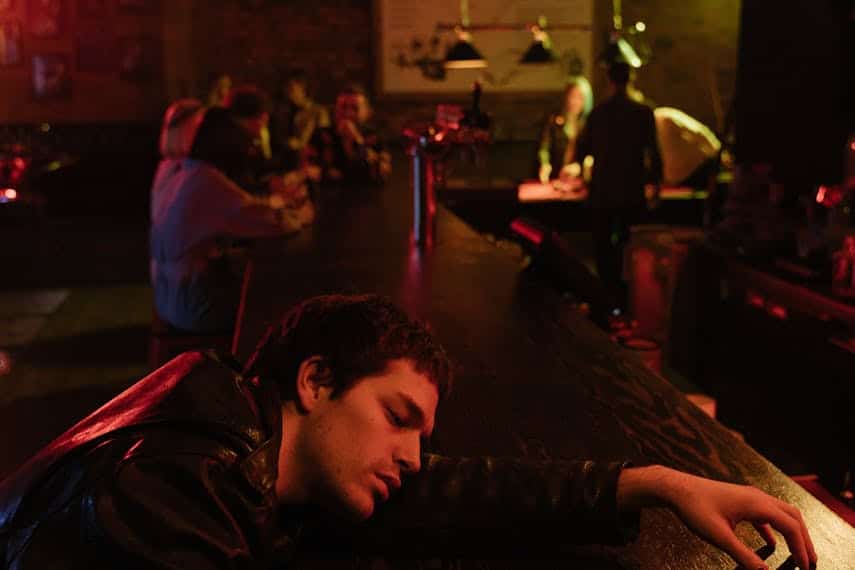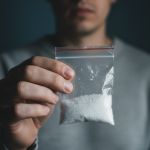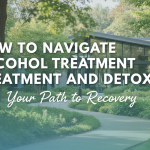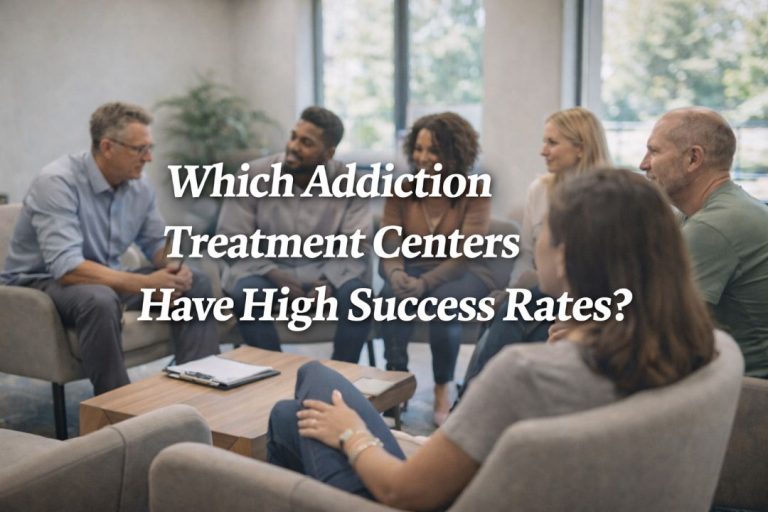Addiction is a difficult disease that has a great impact on the lives of millions of people, as well as their families. Thankfully, some interventions can help people manage such disorders to get back their lives and be free from the disease. When it comes to the treatment procedures, different options are available depending on the severity of the substance use and the affected individual.
Understanding Addiction Treatment
Addiction treatment is not one-size-fits-all. According to the descriptions it should be noted that the choice of the approach should depend on the patient’s requirements, the nature of the dependence and possible presence of the other mental disorders. A majority of the working treatment plans therefore involve comprehensive interventions that target the biological, psychological as well as the social factors.
Evidence-Based Approaches to Addiction Treatment
1. Detoxification (Detox)
Detoxification is typically the first intervention clinical in substance dependency. It includes stable response to and minimizing withdrawal symptoms, while under the care of a doctor. A detoxification process can enable the elimination of toxic substances from an individual’s body without much stress or experience serious side effects.
2. Behavioral Therapies
Besides, behavioral therapies are central to any form of treatment when it comes to addiction. These therapies assist in enabling a person to identify the causes of substance dependence, learn how to handle situations that make the person become addicted and change his or her ‘way of thinking.’ The former has some of the following forms of behavioral therapies:
- CBT – This technique assists the patients to recognize and terminate negative thoughts or behaviors that relate to substance use.
- Dialectical Behavior Therapy (DBT) – Mainly utilized to manage emotions to treat patients as well as skills in tolerating distress & being mindful.
- Motivational Interviewing (MI) – a person centered approach, focuses on helping the client to shift towards desire to change and take responsibility for.
3. Medication-Assisted Treatment (MAT)
Medication is necessary explanation for the treatment of substance dependence, especially for opioids and alcohol. This is because there are legal drugs and medication such as Suboxone, methadone and naltrexone that have been approved by FDA that help in suppression of the withdrawal symptoms and helps in minimizing the cravings hence making recovery easier.
4. Inpatient Rehabilitation Programs
Some of the most common treatment facilities are inpatient or also referred to as residential facilities and offer services on a round-the-clock basis. These programs include medical care, counseling, and any other treatment process that an addicted individual needs in order to gain a proper foundation for abstinence.
5. Outpatient Treatment Programs
Outpatient programs enable the patients to attend the therapy sessions while continuing to work and fulfill their other duties. Partial hospitalization programs and intensive outpatient programs provide clients with a high level of care and organization but do not involve 24/7 inpatient care.
6. Support Groups and Peer Support
Alcohol anonymous (AA), Narcotics Anonymous (NA) and SMART recovery are some well-known self-help support groups that offer fellowship and responsibility. Clergy-lead groups offer long-term support and a lot of people can have successful recovery through fellowships.
7. Holistic and Alternative Therapies
Most treatment centers have embraced supplemental healing to cater for the patients’ spiritual and psychological well-being. Popular holistic approaches include:
- Yoga and Meditation Exercise – It has been done to assist in the lowering of stress and improving on the emotion steadiness.
- Art and Music Therapy – Encourages self-expression and emotional healing.
- Exercise and Nutrition Counseling – Implies physical and mental health improvement during the period of recovery.
Choosing the Right Treatment for You or a Loved One
The choice of the treatment, which best suits an individual depends on many factors like the level of severity of the disorder, the mere choice of the individual and his or her wallet. It is advisable to seek advice from a doctor or a specialist who will advise on the most appropriate way to handle it.

The Importance of Aftercare and Long-Term Recovery
The implication is that after one has left the treatment center or completed all the necessary counseling sessions a new battle starts. Upon the completion of a treatment program, a patient needs help in order not to go back to substance use and dependency. Aftercare strategies may include:
- Continuing therapy and counseling
- Participating in support groups
- Engaging in healthy lifestyle habits
- One of them is to ensure that one creates a strong family and friends support system
Take the First Step Toward Recovery

If someone is an alcoholic, a drug addict or abusing substances, do not give up hope; there is hope for everyone. Choosing to seek help is one of the most daring steps that anyone can make and with the right assistance, they have all the chances to recover. Visit Orlando Treatment Solutions to consult with our team of specialists about addiction recovery.



























